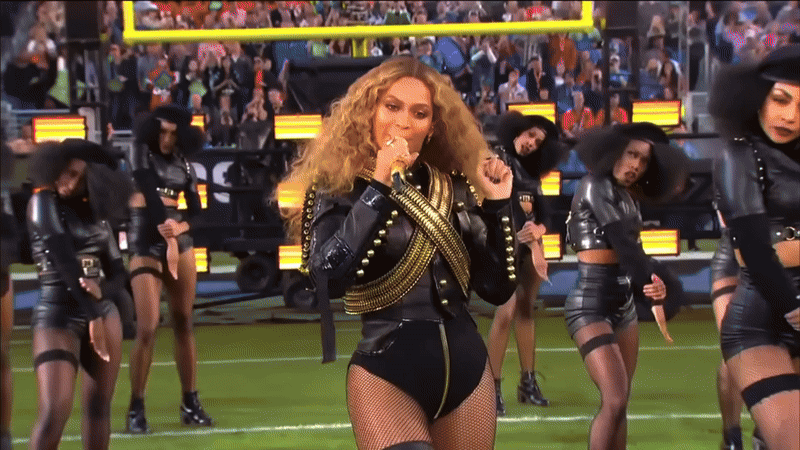Throwback Thursday: Black Art and the Phenomenon of White Discomfort
Michael Harriot rewinds to an era when a Super Bowl performance and the Grammys made white America uncomfortable.
This article originally appeared on NegusWhoRead on May 3, 2016
I am a skeptic.
I don’t believe most of what I read on the internet. Even when someone presents a benign, obvious story, I, at the very least, Snopes it, to make sure it has some truth behind it. Otherwise, I’d be immersed in a sea of anxiety about would-be gangbanging murdere…




